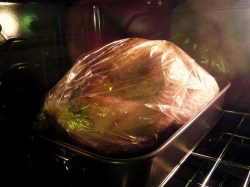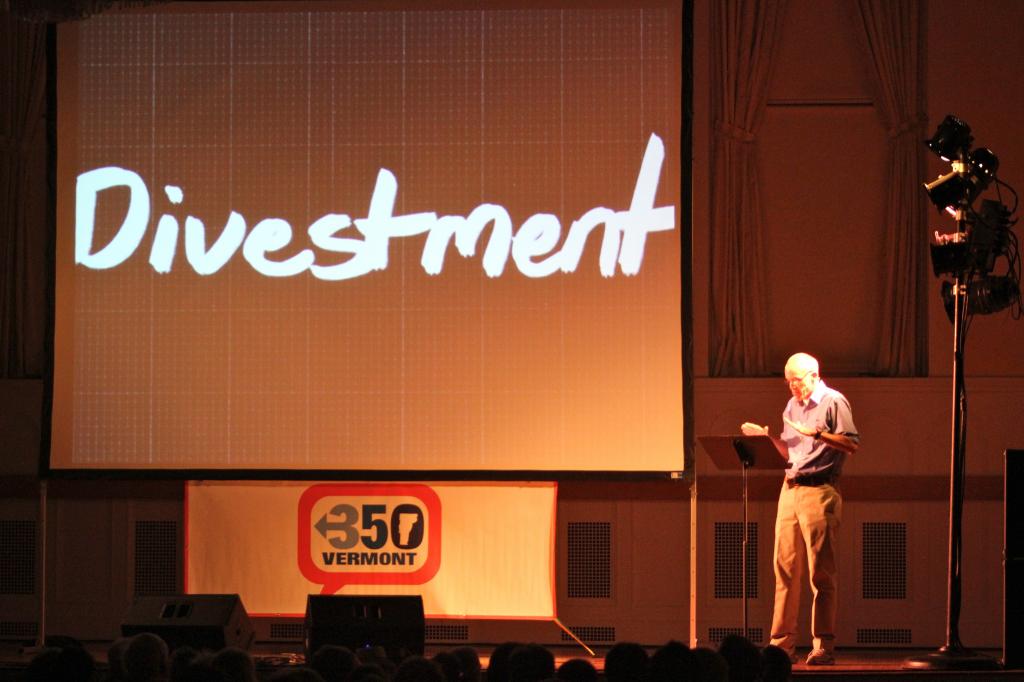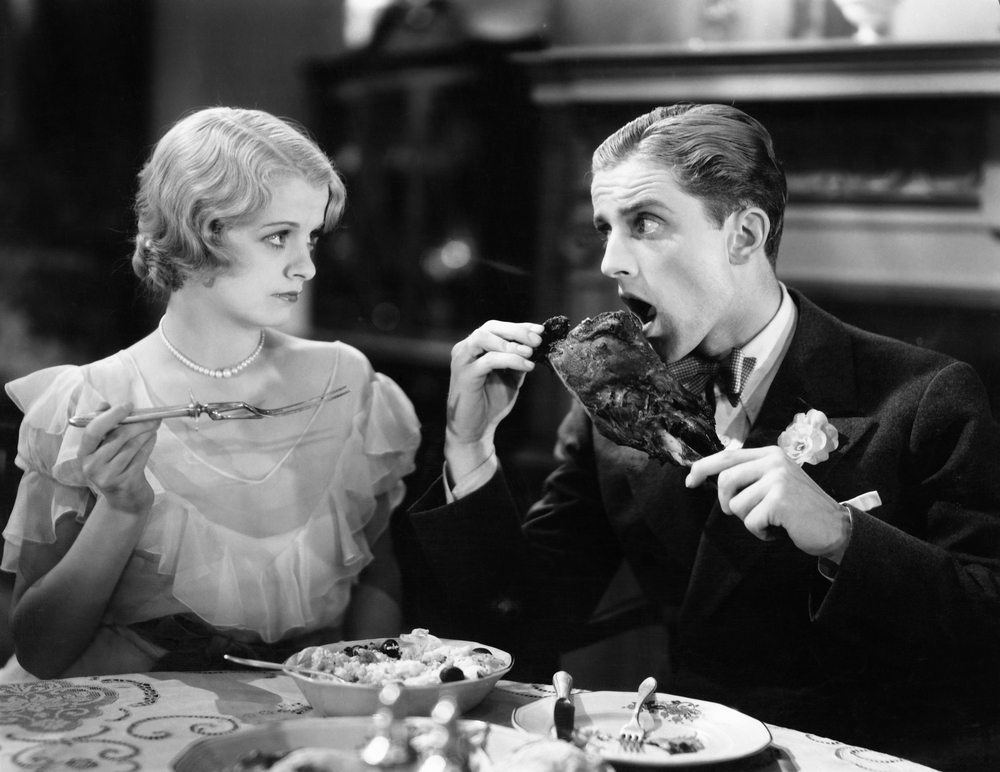Send your question to Umbra!
Q. Oh, Umbra,
I am sharing this Thanksgiving with my boyfriend’s family (read: future mother-in-law) and she wants to cook the turkey in a plastic bag. I have ordered from my local farm an organic, (truly) free-range turkey and will brine it in cider my kids and I pressed from our neighbor’s apples. So I have two questions: 1) Is cooking in one of those enormous plastic bags as terrible as I imagine? I am having nightmares of BPA and phthalate giblet gravy. 2) Should I advocate for the traditional roasting pan or just focus on the pie? She is already making the green bean casserole — yes, the one with cream of mushroom soup. Help.
Alyssa P.
Seattle, Wash.

ShutterstockThere’s more than one way to cook a turkey.
A. Dearest Alyssa,
Somewhere out there, another advice columnist is reading your future mother-in-law’s letter: “My son is bringing his girlfriend to Thanksgiving dinner. She insisted on supplying her own organic, free-range turkey. Now she doesn’t approve of my cooking method. She seems nice enough, but I just want to do things the way I’ve always done them. Do I have to put up with this?”
Thanksgiving is a holiday when we are meant to put aside our differences and clasp hands around the groaning board. You and I might shudder at the idea of a turkey, or any other food, being shoved into a plastic bag and stuffed into the stove. But will it kill you to eat one slightly plasticized Thanksgiving dinner? Eh, probably not.
Oven bags, also known as roasting bags, are typically made of food-grade polyester or nylon. They are generally BPA-free, phthalate-free, and approved by the FDA for cooking. These objets d’modern convenience were introduced by Reynold’s in 1970, according to American Food by the Decades, and have apparently become so common that the USDA doesn’t even include them in a list of “alternate routes to the table” [PDF] for Thanksgiving. While usage stats are hard to come by, the folks at the Butterball Turkey Talk-Line tell me questions about cooking with an oven bag have increased. Fans of the bags say they take less time, require less clean-up, and result in a supremely moist main course. (Of course, every method has ardent advocates — luckily, the National Turkey Federation has compiled a handy chart comparing several cooking styles.)

sea turtleNot ooze-free.
Popular though they might be, these bags are not ooze-free. Several studies have confirmed that chemicals leach from them at high heat, though the one study I found that used actual poultry said the levels “can be considered not to present a hazard.” (That study also said the highest concentrations were in the skin and juice, so you might want to pass when the gravy boat comes your way.) The folks at Breastcancer.org recommend against using roasting bags precisely because of the leaching issue. And another study points out that when it comes to plastic household items, BPA-free doesn’t mean risk-free: “Most plastic products release estrogenic chemicals.” Beware, too, “nonstick” roasting bags, which are treated with Teflon, also known as PTFE. Foes of Teflon include parrot owners — those little birds, as you might remember from our look at silicone cookware, are quick to succumb to toxic fumes, and may prove to be the canary in our culinary coal mine.
All of which sounds undelicious, and if I were a regular user of roasting bags it would surely give me pause. But Alyssa, I don’t think you should pick a fight on this occasion.
After all, we have bigger battles to worry about. We should be thinking harder about how our meat is raised, how much meat we eat, what kind of energy powers our stove and our home, and how to be more energy-efficient. Or why we built ourselves a throwaway society that prizes convenience over common sense. Or how climate change will affect all of us — yes, even our poultry. For a really good time, you could talk about these things at the table. Be sure to drop in my favorite factoid about how Americans generate 1 million extra tons of trash between Thanksgiving and the New Year.
On the other hand, you could just smile, eat your turkey, and take second helpings of that green-bean casserole. Sometimes that’s the wisest choice a future daughter-in-law can make.
Diplomatically,
Umbra



